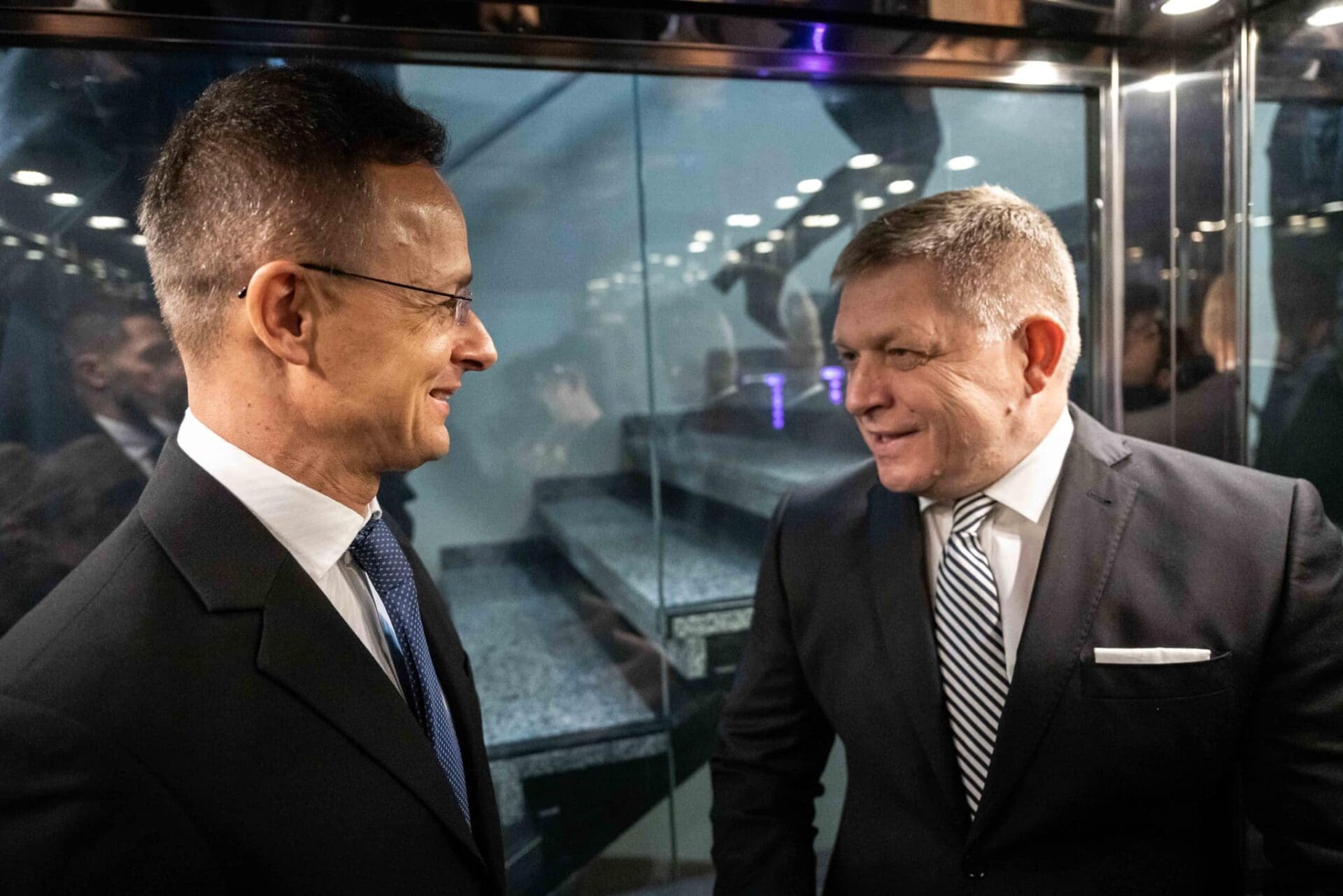Hungarian Minister of Foreign Affairs and Trade Péter Szijjártó spoke with the Hungarian-language news site Ma7.sk during a recent trip to Slovakia.
In the interview, Szijjártó stressed that Slovakia is Hungary’s second-largest trading partner, with bilateral trade flows having increased by 43 per cent this year, after climbing to over €13 billion last year. Szijjártó reminded that three new bridges will be inaugurated connecting the two nations next year.
The minister argued that the leaders of Slovakia and Hungary should concentrate on important issues in order to advance the interests of their respective countries, as opposed to letting their agendas be dominated by what he called ‘unnecessary statements.’ The minister was referring to recent unfriendly comments by Slovak Foreign Minister Rastislav Káčer who, for instance, said at the beginning of December that the Slovak government does not consider question of the Benes decrees ‘an ethnic minority issue.’ Káčer also said he had to drink some gin for breakfast to refrain from cancelling his meeting with Szijjártó after Hungarian foreign minister held a joint press conference with ex-PM, Smer party leader Robert Fico. (Editor’s note: The minority Slovak government has since fallen, after losing a no-confidence vote in the Slovak parliament.)
Szijjártó reminded that Slovak enterprises employ more than 5,000 Hungarians,
making Slovakia the fourth most sought-after location for Hungarian venture capital. In a number of matters, Hungarians and Slovaks depend on each other, the foreign minister noted, adding: ‘The war has highlighted our differences, but I believe it has also strengthened our interdependence just as much.’
Péter Szijjártó said in response to a query regarding buying oil from sources other than Russia: ‘What we are talking about is not reality, but fiction. Currently, Russia provides Hungary, Slovakia, and a portion of the Czech Republic through the (Russian) Friendship oil pipeline. We will not be able to supply our country with the same quantities from abroad if that source is cut off.’
The V4 Connection
Former Slovak Prime Minister Robert Fico was one of the people the foreign minister met during his two-day visit to Bratislava (Pozsony). Szijjártó noted that Fico’s tenure as prime minister gave the Slovak-Hungarian relationship a boost after the two governments joined forces to combat illegal immigration, connect gas pipelines, and establish new border crossings. Szijjártó also praised Igor Matovic, former prime minister of Slovakia and currently minister of finance, saying that he has consistently stood up for Hungary and has been an ally against Brussels. The minister said that enhancing the Visegrád cooperation is one of the pillars of Budapest’s foreign policy. According to Péter Szijjártó, it has become evident that
the Visegrád Group is one of the strongest and closest alliances within the EU,
and its members can work together well on a variety of issues.
In terms of the partially frozen EU funds, the minister made it clear that they are ‘not humanitarian donations and they are not financial opportunities created out of the goodwill of our friends in Western Europe’. It is the economic performance of the Member States, which is based on the work of the people of each nation, that generates those EU funds. Hungary is not ‘asking for some kind of aid, and we are not asking for money made by others,’ the foreign minister underscored in the interview.
Related Articles








